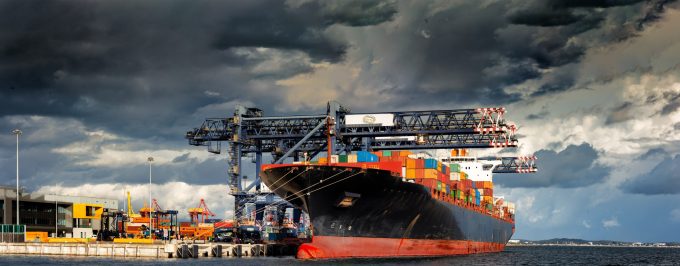How to avoid 'a wave of regulatory pain' from Fuel EU Maritime rules
Companies need to be prepared for the introduction of FuelEU Maritime in less than two months – ...

Shipping stakeholders were under-prepared for the arrival of Fuel EU – the complexity of relationships between ship owners, managers and charterers posing the biggest challenge – but sustainable practices are gaining momentum.
Since 1 January, carriers have had to increase the surcharge on their vessel ...
Four crew members still missing as Wan Hai 503 continues to burn
Explosions and 'out-of-control' fire reported on Wan Hai box ship
Predatory rivals circle as the ripples from DSV's Schenker buy widen
MSC Elsa crew face criminal probe, as Wan Hai 503 firefighters battle on
'It's driving us mad', say forwarders as US court fails to end tariff turmoil
Transpacific rates ease as capacity boost proves too much for trades to digest
European port congestion easing – for now
CMA CGM 'testing the water' of the Suez Canal for more services
Flexport: Sanne Manders talks profitability, fire-sales and Dave Clark
More legal trouble in India for MSC: feeder vessel detained after box ship disasters
DSV insiders hit back at Kuehne & DHL GF – got a 'pro integration' going
Latest Israeli attack on Iran a threat to box ships in Straits of Hormuz

Comment on this article